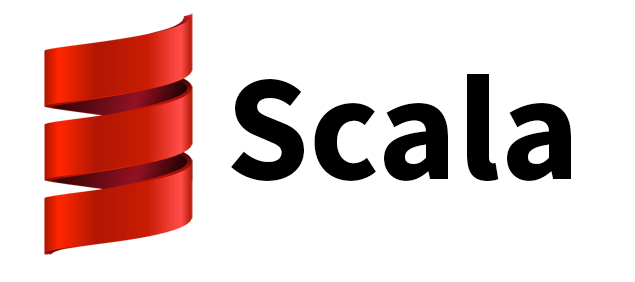Functional programming
@joelcorrea_ @humbertostreb



Martin Odersky -> 2003
Current stable version = 2.11.1
 http://www.slideshare.net/mslinn/scala-adoption-by-enterprises
http://www.slideshare.net/mslinn/scala-adoption-by-enterprises
James Gosling

"If I were to pick a language today other than Java, it would be Scala"
James Strachan

"I can honestly say if someone had shown me the Programming Scala book back in 2003 I'd probably have never created Groovy"
Concepts
Higher order functions
Pure function
Laziness
Pattern matching
Partial application
State / Side effects
Composition
Functions = Transformations over data
How difficult is it to manage state?
- to Debug?- to Test?
- to Reproduce bugs?
Side effects
State discipline
Have you seen Null Pointers?

Pure functions
def add(x: Int, y: Int) = x + y
- Same result value given the same arguments
- Has no side effects
Map

Map in Code
> val people = List(Person("a", 20), Person("b", 10))people: List[Person] = List(Person(a,20), Person(b,10))> people.map(_.age)List[Int] = List(20, 10)
Reduce

Reduce in Code
> Seq(20, 10) reduce { (accum, current) => accum + current } Int = 30
Even better:
> Seq(20, 10) reduce(_ + _)Int = 30
How to deal with complexity?
Object Oriented...
- Types (classes, interfaces, etc)
- Abstractions
- Inheritance
- Polymorphism
- Design Patterns / Principles
Functional...
Math: Function composition

Transformations...

Example
scala> def length(str:String) = str.size
scala> def simpleValidation(i:Int) = i<5
scala> def isValid = length _ andThen simpleValidation _
scala> isValid("1")
res1: Boolean = true
scala> isValid("1234567890")
res2: Boolean = false What was that?
length _ andThen simpleValidation _
In other words...
simpleValidation( length( input ) )
Remember the transformations
scala> def length(str:String) : Int = str.size
String => Int
scala> def simpleValidation(i:Int) : Boolean = i<5
Int => Boolean
scala> def isValid = length _ andThen simpleValidation _
String => Boolean
So you'll compose...
andThen
f _ andThen g _
g( f(x) )
compose
f _ compose g _
f( g(x) )
orElse (partial functions)
f orElse g
Higher order functions
> def underAge(person: Person) = person.age < 18> people.filter(underAge)
> people.filter( (person:Person) => person.age < 18 )
> people.filter(_.age < 18)
HOFs = IOC
* List
filter(predicate: (A) ⇒ Boolean) : List[A] Filter list elements based on a predicate
find(predicate: (A) ⇒ Boolean): Option[A] Finds the first element in a list that satisfies a predicate, if any
Remember...
- Functions are transformations over data
-
Composition is the key when dealing with complexity
- Scala is OO and FP (not that far from you)
Rationale
"It is better to have 100 functions operate on one data structure than to have 10 functions operate on 10 data structures."
Alan J. Perlis

